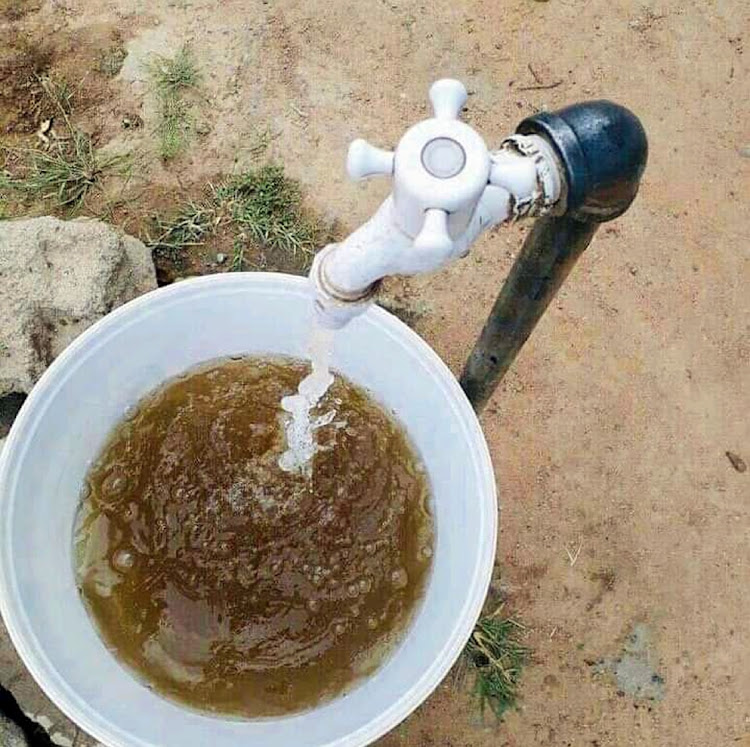Water is a basic necessity for human survival and is crucial for the proper functioning of the human body. Unfortunately, in some parts of the world, access to clean and safe drinking water remains a challenge, and South Africa is one such country. Despite the government's efforts to provide clean water to its citizens, the water coming from municipal taps in South Africa is often dirty and unsafe for human consumption.
One of the main reasons for the dirty water coming from municipal taps is due to the aging water infrastructure. Many of the water systems in South Africa were built decades ago and are in dire need of repair or replacement. This results in water leaks, low water pressure, and water contamination. The pipes used to deliver water to households can also corrode, which can cause harmful chemicals to mix with the water, making it unsafe for human consumption.
Furthermore, the country's water infrastructure is often poorly maintained, leading to water quality issues. Municipalities are supposed to carry out regular water quality testing to ensure that the water is safe for human consumption. However, this is not always the case, and many municipalities do not conduct regular testing, resulting in contaminated water being supplied to households.
Water theft and illegal connections are also a significant contributor to the dirty water coming from municipal taps. People who do not have access to formal water connections may resort to illegal connections to access water, which puts a strain on the water supply and results in low water pressure and water shortages. These illegal connections also increase the risk of contamination and make it difficult for municipalities to maintain the water quality.
The dirty water coming from municipal taps in South Africa poses a severe health risk to citizens. Drinking contaminated water can lead to several waterborne diseases such as cholera, typhoid, and dysentery, which can be fatal if left untreated. Children, pregnant women, and people with weakened immune systems are particularly vulnerable to these diseases.
In conclusion, the dirty water coming from municipal taps in South Africa is a significant problem that needs to be addressed urgently. The government needs to invest in upgrading and maintaining the country's water infrastructure to ensure that citizens have access to clean and safe drinking water. Municipalities also need to conduct regular water quality testing and implement measures to prevent water theft and illegal connections. It's only through such efforts that the citizens of South Africa can have access to clean and safe drinking water.
